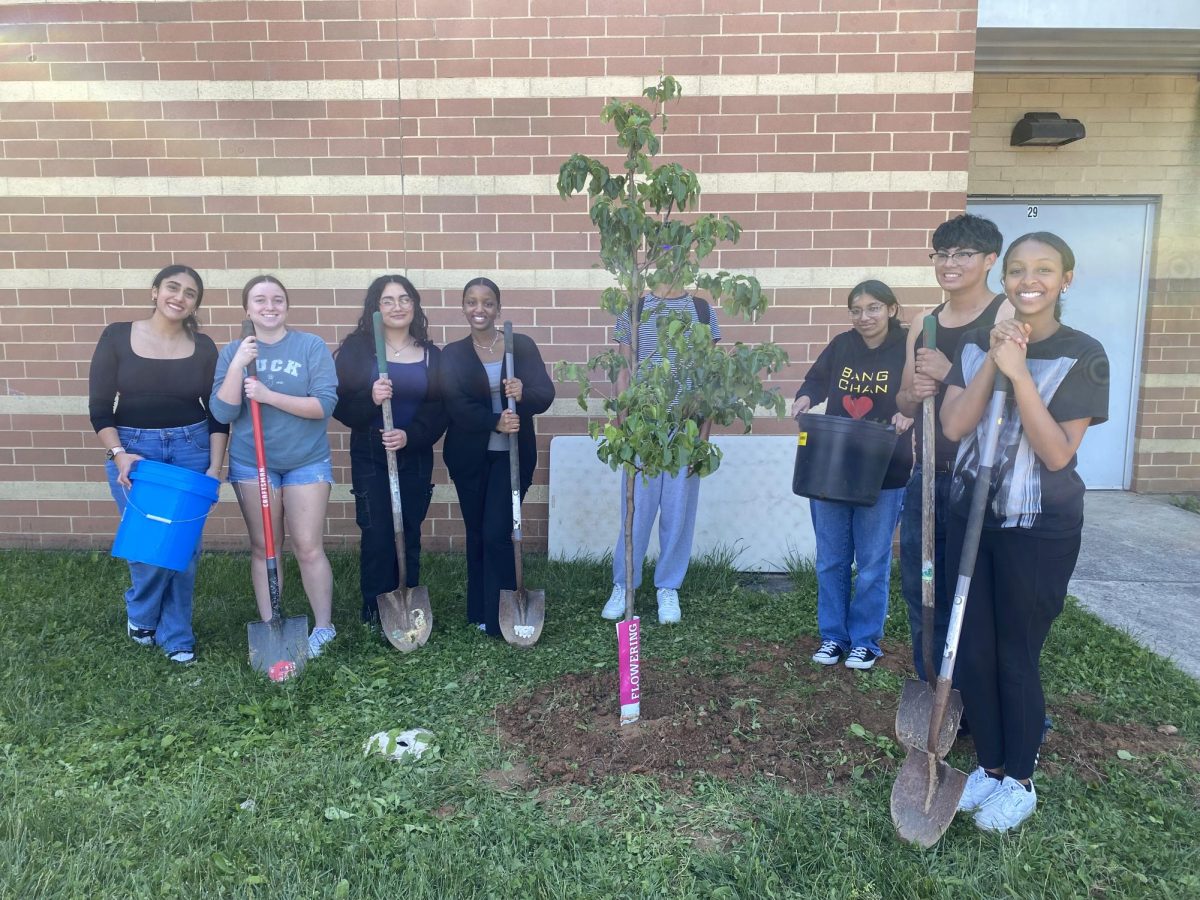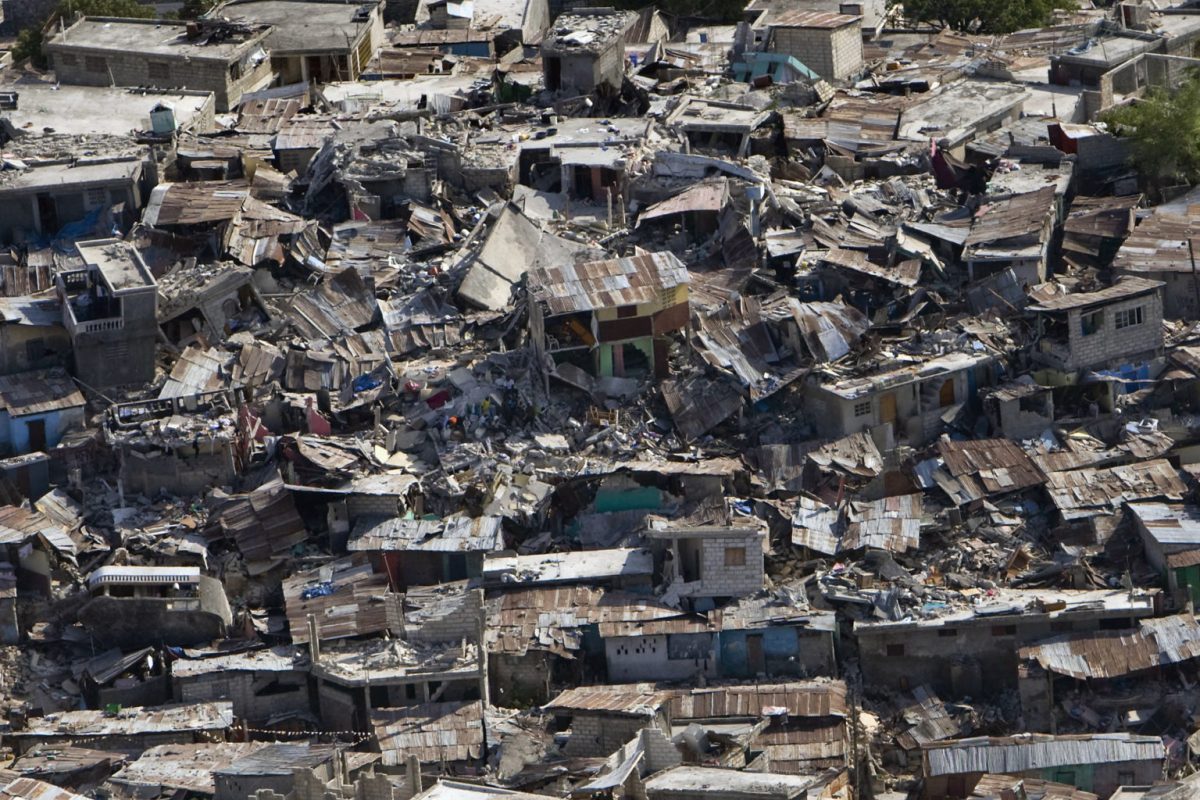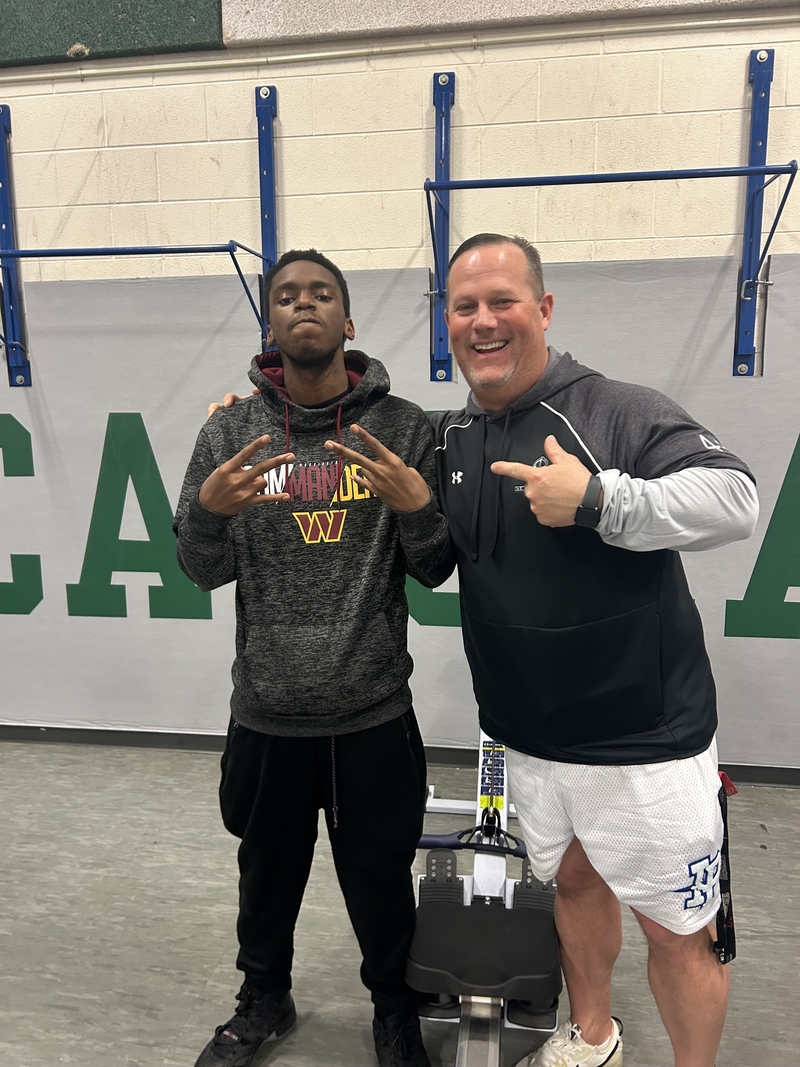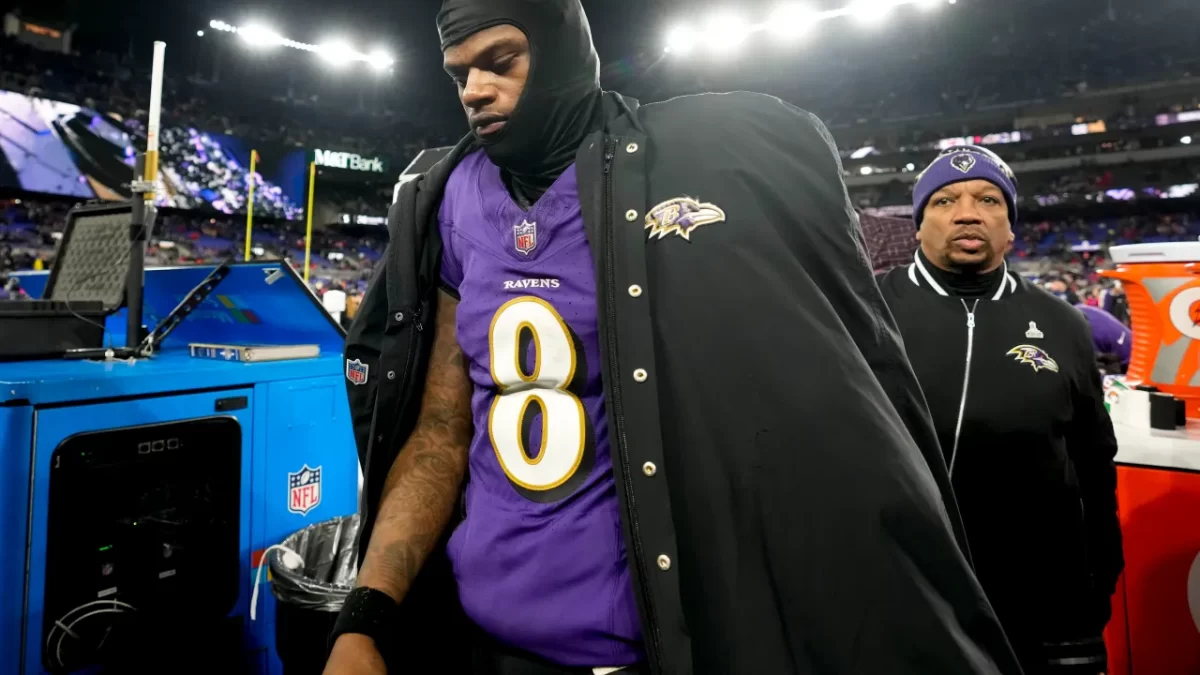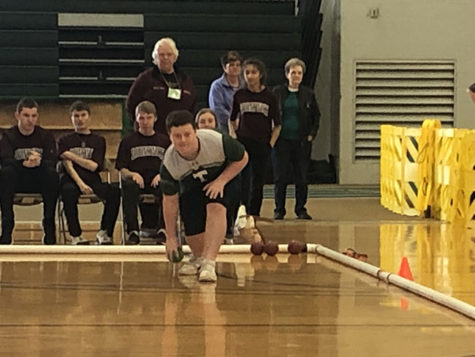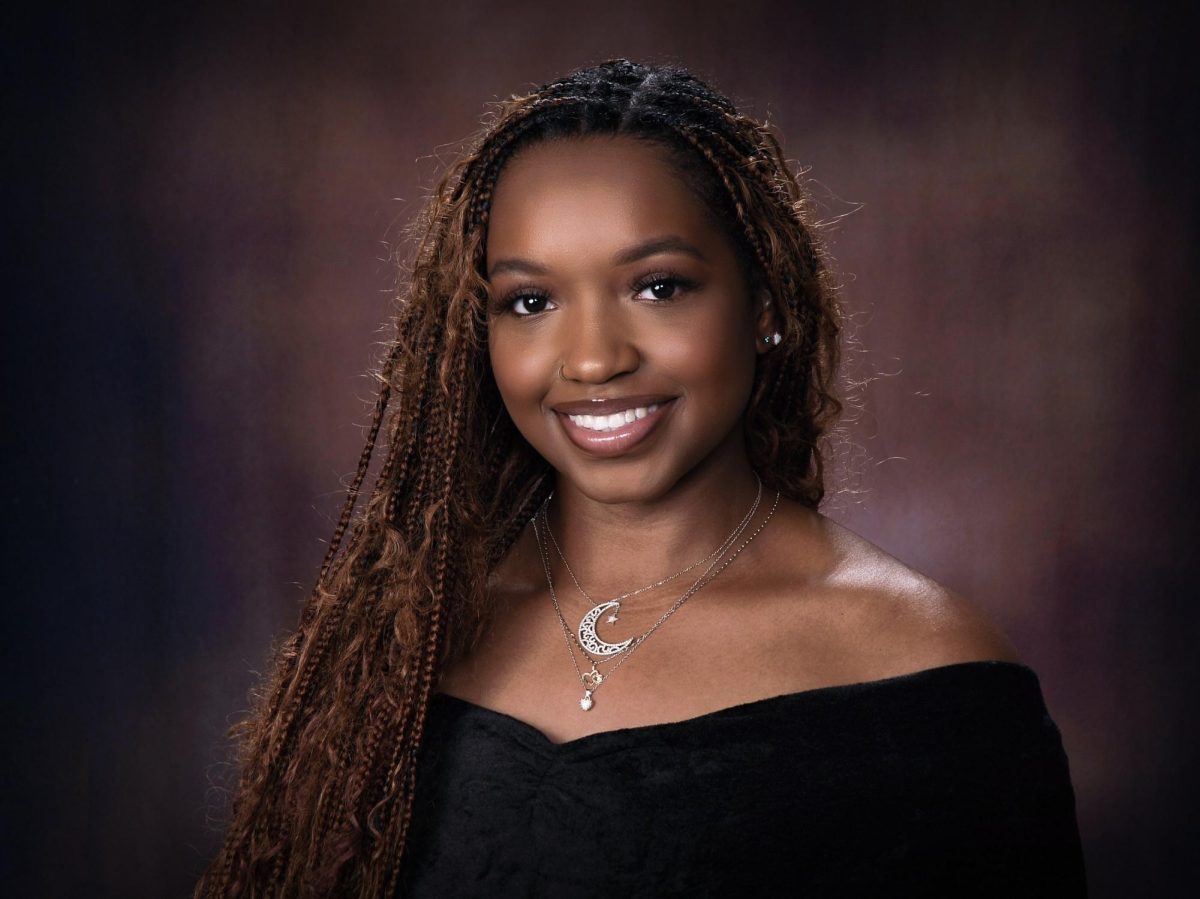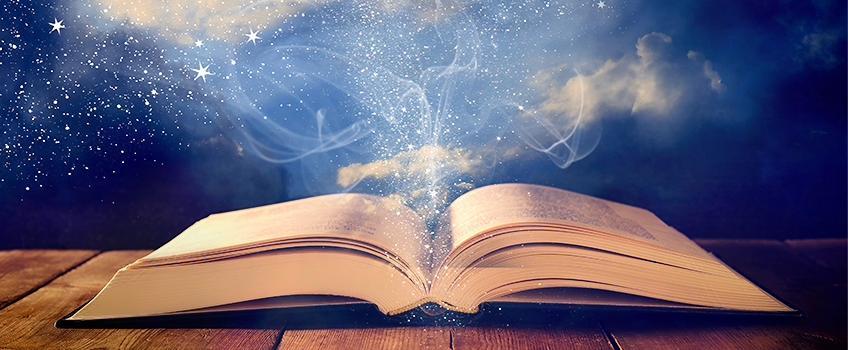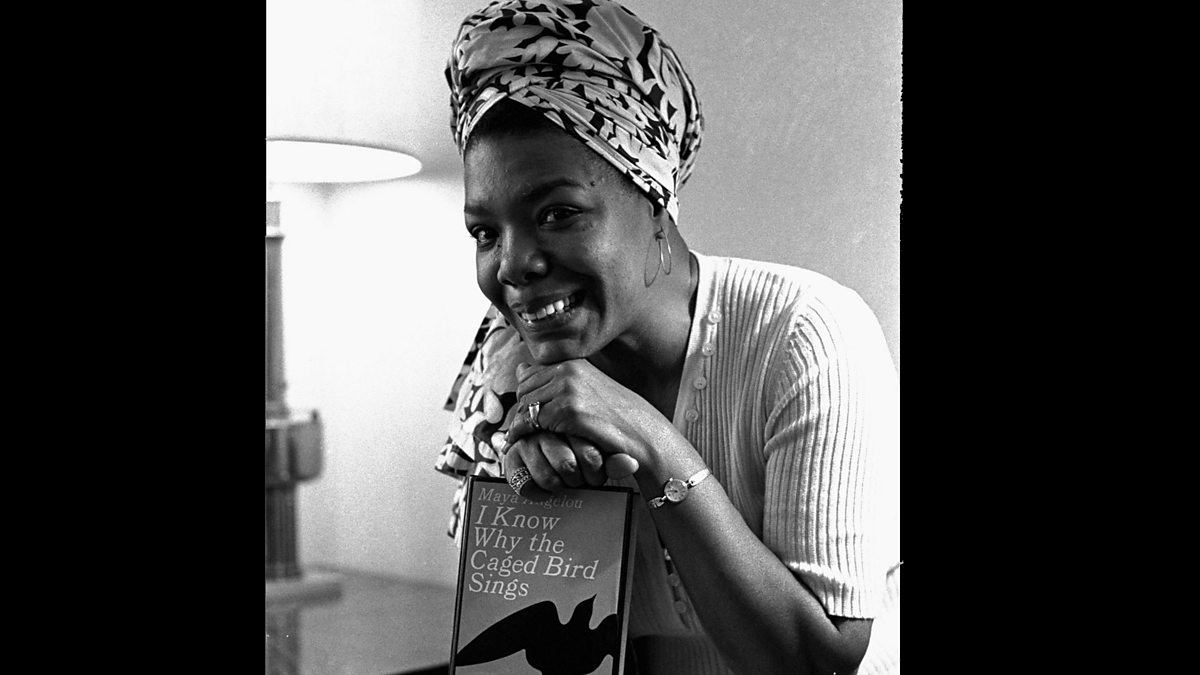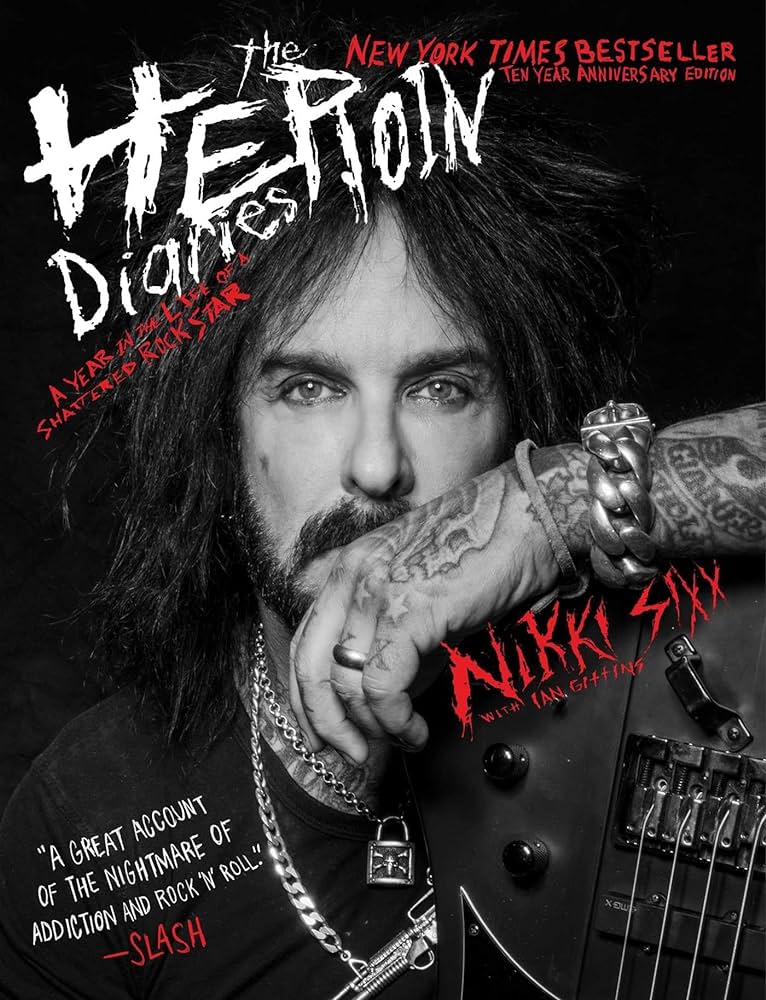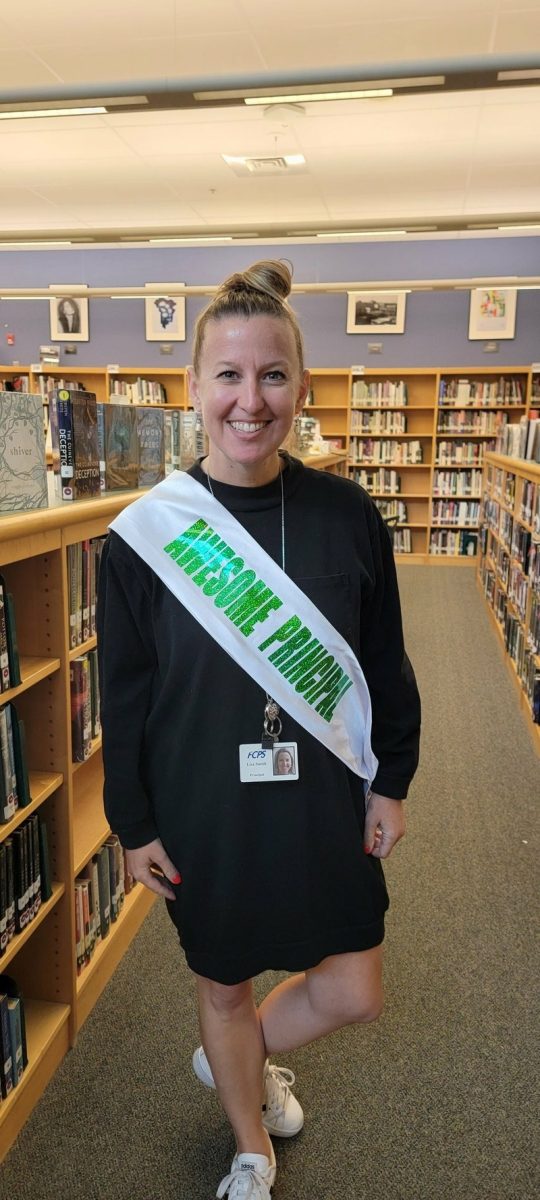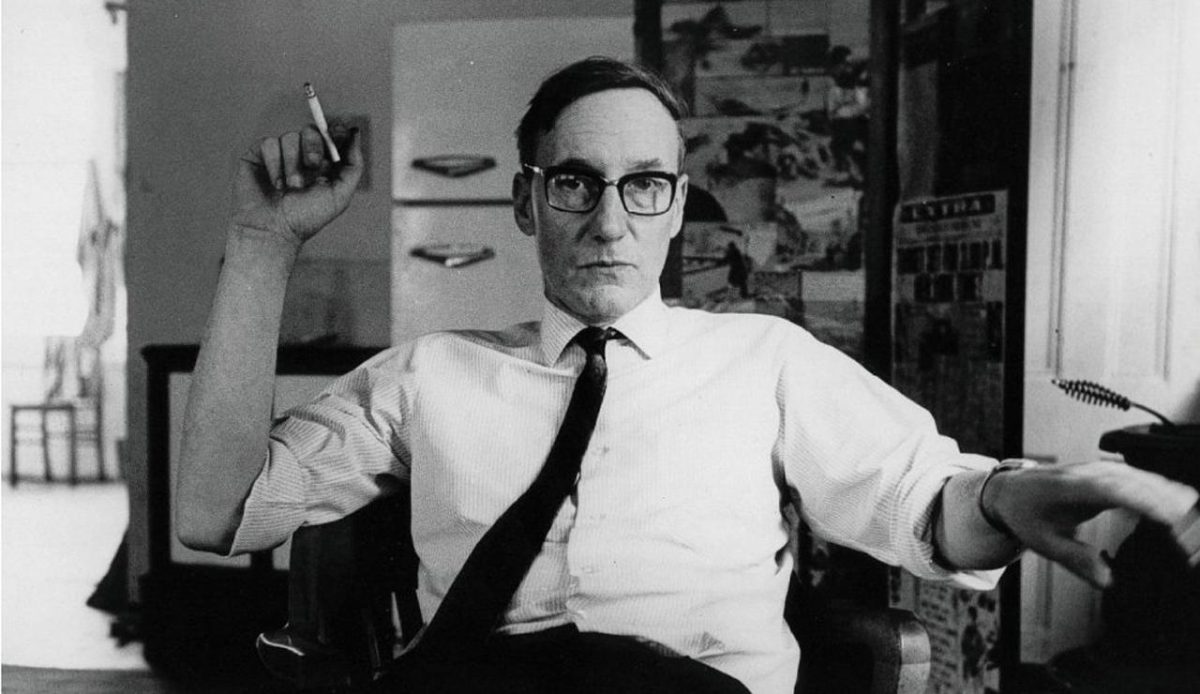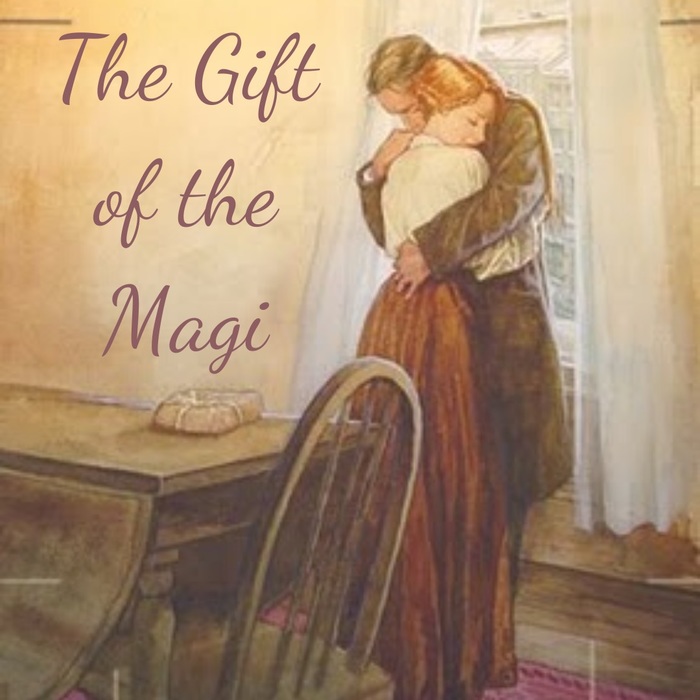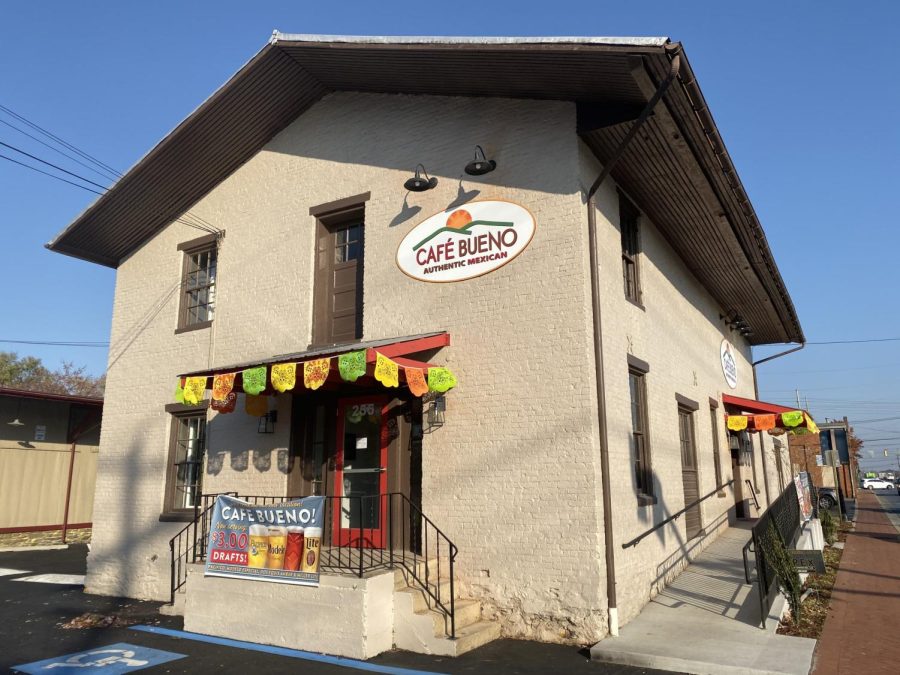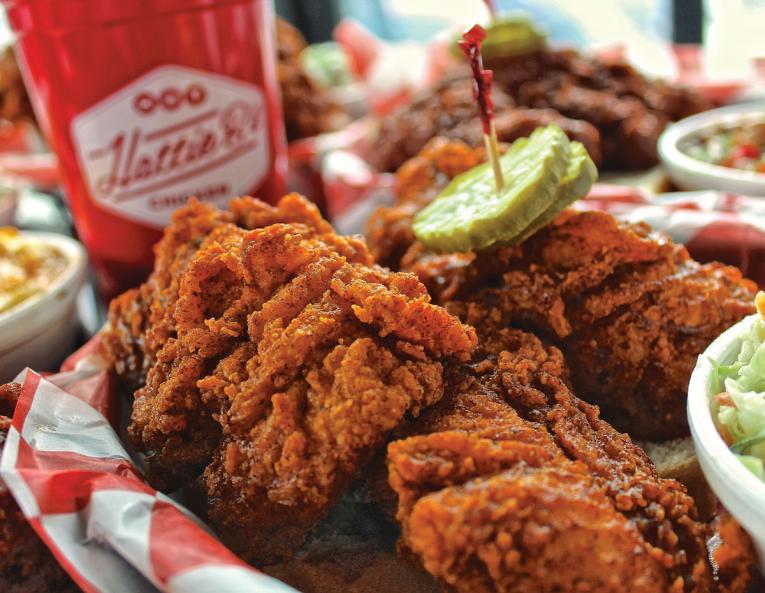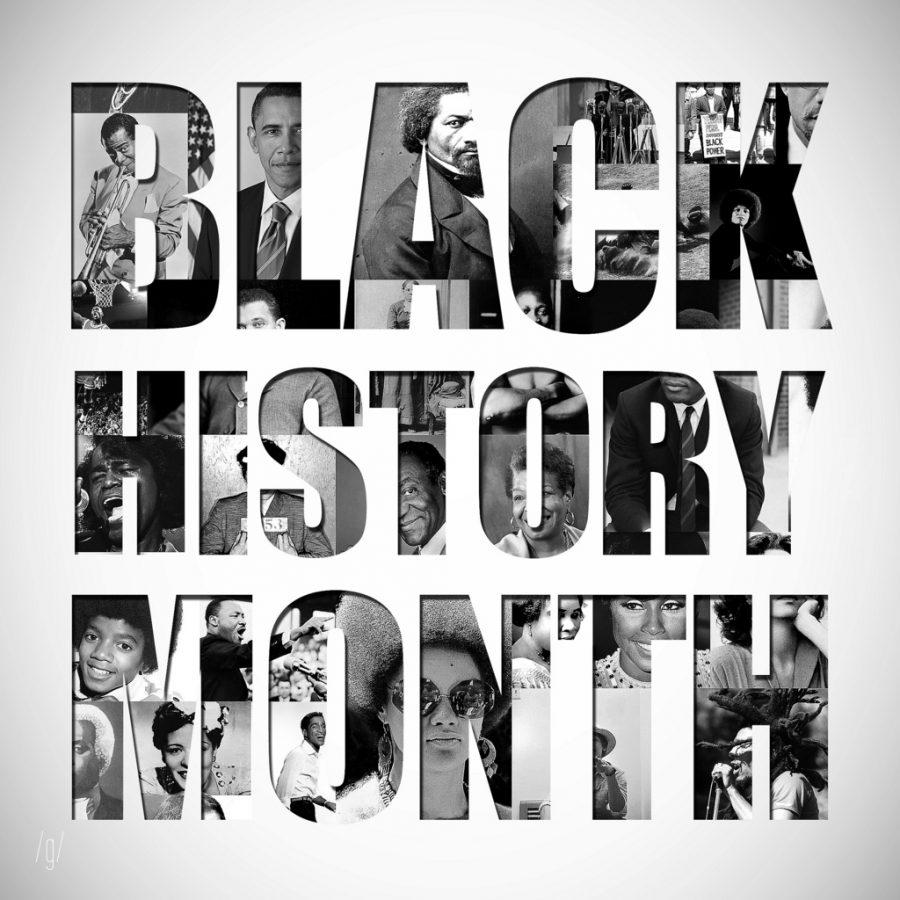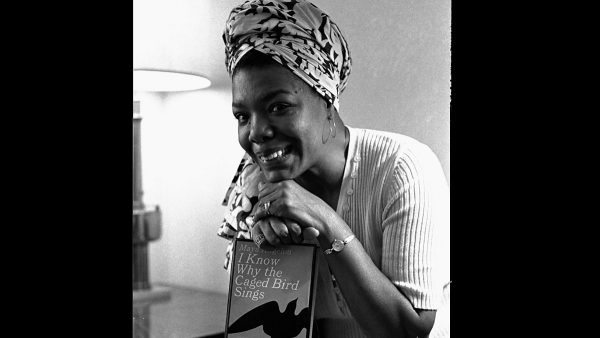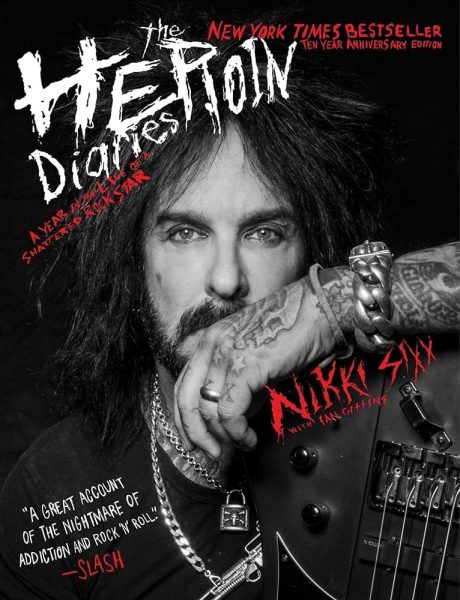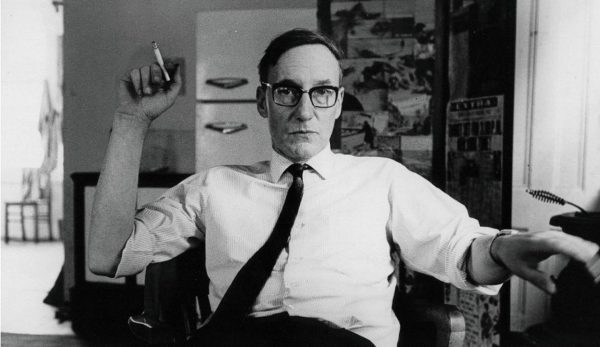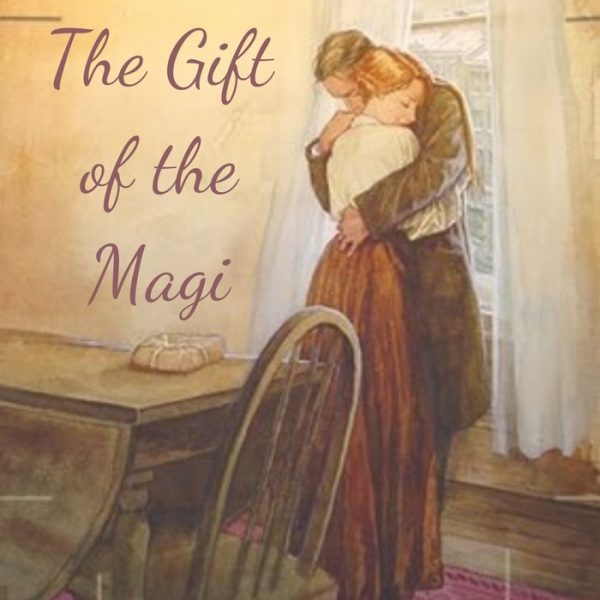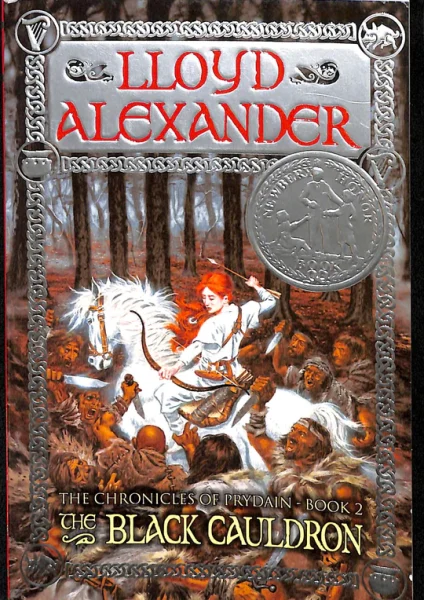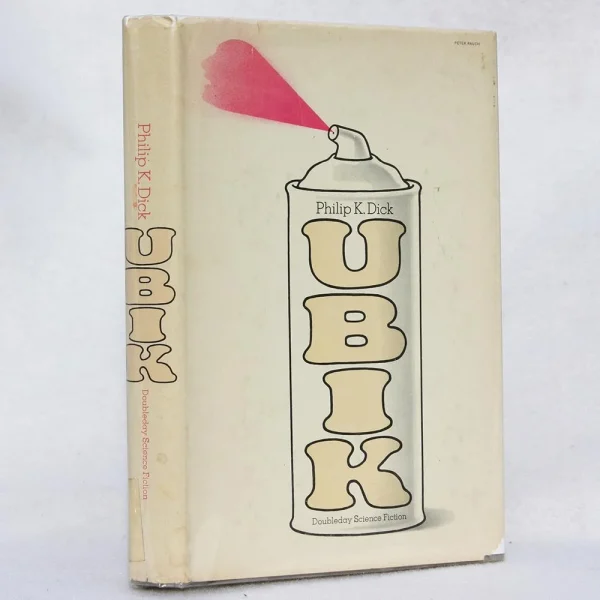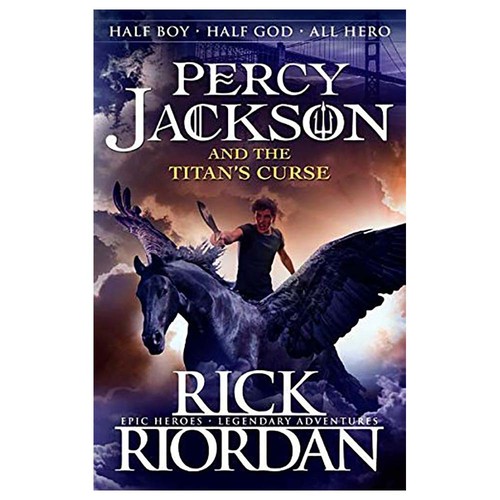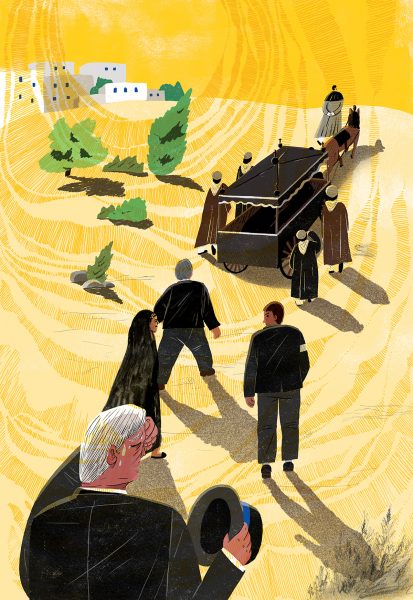Black History Month Honors Civil Rights Activists
February 16, 2017
History has a habit of leaving out the middleman in the books. We know the main heroes but the people around them, supporting them and lifting them up are often forgotten. In still other instances, people who had an equal impact on society for whatever reason, never become household names. In honor of Black History Month we wanted to share a little information about people who were instrumental in the Civil Rights movement, but who don’t receive much attention or credit.
- Dorothy Height was a civil rights as well as a women’s rights activist and became the president of the National Council of Negro Women. Throughout her life she earned her master’s degree in psychology and a bachelor’s degree in education from New York University. Before she was the president of the National Council of Negro Women she created a Center for Racial Justice in 1965 that was part of the local YMCA and was in charge until 1977. After she retired from the YMCA she continued her work with the National Council of Negro Women where she focused on the African American family. The first Black Family Reunion was organized by her to celebrate the African American culture and is still held annually. She was awarded the Presidential Medal of Freedom in 1994 by President Bill Clinton and the Congressional Gold Medal in 2004 by President George W. Bush. While she stepped down from the presidency of NCNW in the 1990’s she continued on the chair of the board until her death in 2010.
- Bayard Rustin was one of the main advisors to Dr. Martin Luther King Jr. in the 1960’s. He was an advocate for civil rights, socialism, and gay rights. Rustin preached nonviolence and civil disobedience but was arrested several times for practicing it and his open homosexuality. He was instrumental in the bus boycott in Montgomery, Alabama and the March on Washington in 1963, He continued to fight for civil rights for African Americans, gays, lesbians, and his political ideals until his death in 1987.
- A. Philip Randolph should be remembered for his activism for African American labor rights. During World War 1, he created a magazine for African American shipyard workers and elevator operators that wanted higher wages, he was attempting to create a union. It wouldn’t be until 1937 that Randolph that he would be successful in creating the first African American union named the Brotherhood of Sleeping Car Porters. He did not stop at the work force, he went on to be instrumental in desegregating the armed forces and government defense factories. Randolph was awarded the Presidential Medal of Freedom by President Lyndon B. Johnson for his dedication to the movement. It was only until his own heart began failing that he stepped down from his union after 40 years of service. He has an institute in Washington D.C. where his ashes are residing.
- Ella Baker graduated from Shaw University in North Carolina as class valedictorian and then moved to New York where she participated in the beginning of the Young Negroes’ Cooperative League. Baker also did extensive work in the NAACP becoming the national director of branches. Martin Luther King Jr. requested Baker became the executive director of the Southern Christian Leadership Conference which was a civil rights group created by ministers and community leaders. She served as a trusted counselor to different causes learning the nickname fundi. Fundi is a Swahii that means a person who passes down a craft to the next generation. Her work was documented in the film Fundi: The Story of Ella Baker.
These are just a handful of activists that were pivotal in the fight for justice in the 20th century. Each of them have more accomplishments than what are listed here and each of them deserve to have more recognition than the history books offer. The best way to honor these activist, and others like them is to learn about them and what they did to shape America the way it is today.
